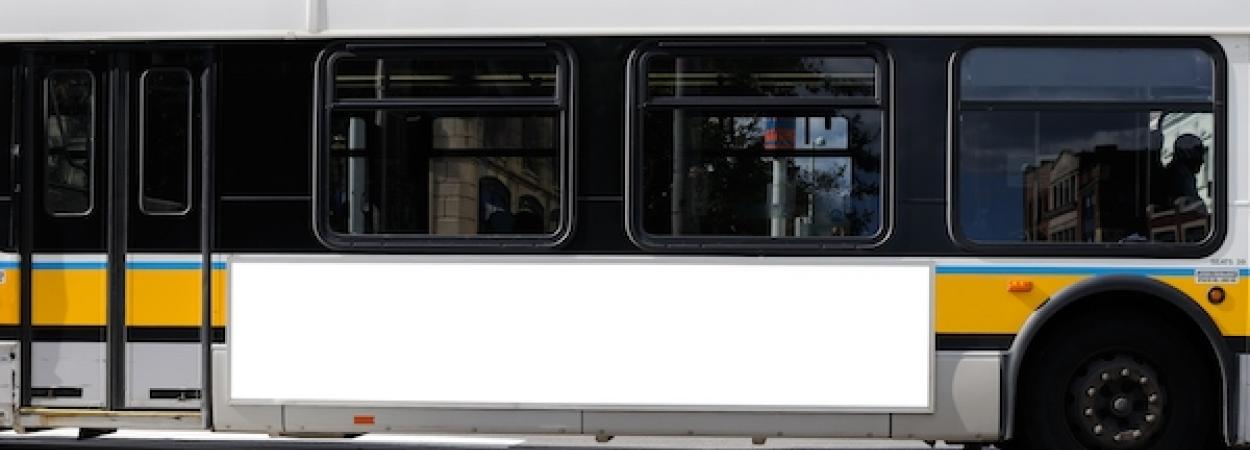We're proud to announce the publication of a new NITC dissertation: "Methodologies to Quantify Transit Performance Metrics at the System-Level," by Travis Glick of Portland State University.
Performance metrics have typically focused at two main scales: a microscopic scale that focuses on specific locations, time-periods, and trips; and, a macroscopic scale that averages metrics over longer times, entire routes, and networks. When applied to entire transit systems, microscopic methodologies often have computational limitations while macroscopic methodologies ascribe artificial uniformity to non-uniform analysis areas. These limitations highlight the need for a middle approach. This dissertation presents a mesoscopic analysis based around timepoint-segments, which are a novel application of an existing system for many transit agencies.
In the United States, fix-route transit is typically defined by a small subset of bus stops along each route, called timepoints. For this research, routes are divided into a consecutive group of bus stops with one timepoint at the center. Each timepoint-segment includes all data collected in that segment during one hour of operation. Visuals for congestion and headway performance, based on the aggregated datasets, are designed to examine transit performance along a route, between routes, and for specific segments. These visuals are a potentially useful tool for evaluating performance along routes and for identifying areas that may require a closer examination.
The methodologies for data cleaning, regression modeling, and performance visuals, provide a foundation for how timepoint-segments may prove useful to researchers and agencies.
ABOUT THE PROJECT
Methodologies to Quantify Transit Performance Metrics at the System-Level
Travis Glick, Portland State University
Photo by jorgeantonio/iStock
RELATED RESEARCH
To learn more about this and other NITC research, sign up for our monthly research newsletter.
- Improving Integration of Transit Operations and Bicycle Infrastructure at the Stop Level
- Visual Exploration of Utah Trajectory Data and their Applications in Transportation
- Using High-Resolution Bus Detection Data to Improve Travel Time Prediction and Identify Urban Congestion Spots
The National Institute for Transportation and Communities (NITC) is one of seven U.S. Department of Transportation national university transportation centers. NITC is a program of the Transportation Research and Education Center (TREC) at Portland State University. This PSU-led research partnership also includes the Oregon Institute of Technology, University of Arizona, University of Oregon, University of Texas at Arlington and University of Utah. We pursue our theme — improving mobility of people and goods to build strong communities — through research, education and technology transfer.




